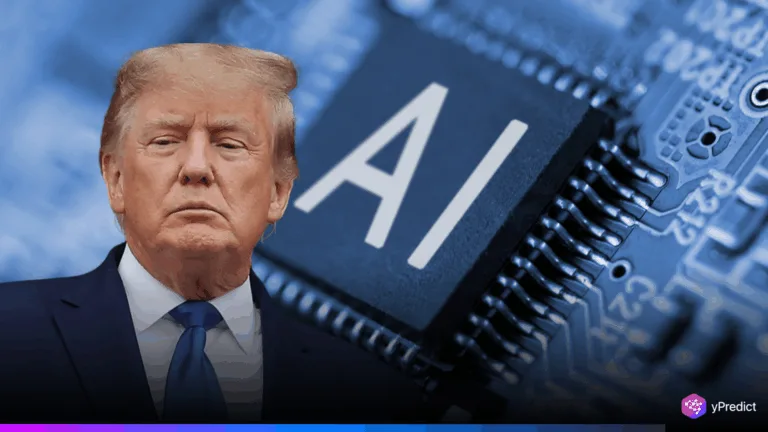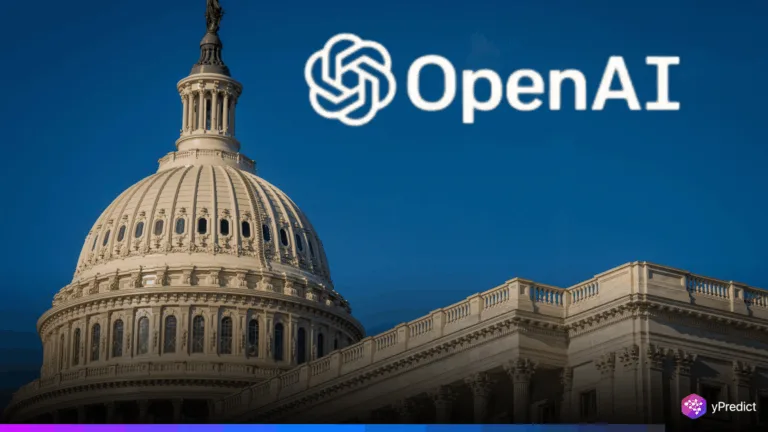
As the business world rapidly adopts AI tools, AI ethical concerns are prompting professionals to question their role in the future. Sabine Zetteler, the founder of a communications agency based in London, is one of those opposing the increasing dependence on AI.
Zetteler mentioned concerns ranging from sustainability to the decline of human connection, despite the growing popularity of ChatGPT and other digital tools. While AI continues to reshape industries, a vocal minority remains unconvinced of its long-term value.
Creatives Speak Out on AI Ethical Concerns
Sabine Zetteler runs a small communications firm and refuses to use artificial intelligence (AI) in her work. She questions the creative value and social implications of relying on machines. “Why would I send something I didn’t write?” she asks. She also highlights the loss of human effort in automated content. Her resistance is fueled by AI ethical concerns, particularly job displacement and the loss of meaning in creative work.
Similarly, Florence Achery avoids AI because it goes against her values of human connection. She also emphasizes the environmental harm caused by energy-intensive data centres. For her, AI ethical concerns extend beyond workplace issues to the planet and personal purpose.
Is AI a Choice or a Necessity Now?
According to digital marketer Jackie Adams, depending on AI is lazy and has negative effects on the environment. However, she was compelled to use ChatGPT like her coworkers due to budget cuts and increased pressure at her company. Her perspective changed over time as she discovered that using digital tools could improve her creative output.
Adams claims that even with increased productivity, ethical questions about AI still exist. “It’s in your emails, your search results… It’s hard to escape,” she admits. Sierra Hansen, a public affairs worker from Seattle, agrees. According to her, depending too much on AI impairs critical thinking and problem-solving abilities. These experts challenge not only AI’s potential but also its impact on our daily lives and jobs. They see its convenience, but they also see a cost, one that is not being discussed enough.
Where Digital Tools Are Taking Us Next?
James Brusseau claims that society will categorize the application of AI by context. “We’ll still want humans to decide legal and medical outcomes,” he says. “But AI will dominate in tasks like forecasting or anesthesiology.” His remarks reflect growing AI ethical concerns about where we draw the line between assistance and surrender.
Meanwhile, ChatGPT usage has become unavoidable. Across industries, it is now a component of internal operations, daily workflows, and hiring criteria. Even reluctant users like Adams find themselves learning it to avoid career stagnation. As dependence increases, so do concerns about boundaries and agency.
The way that people define productivity and success is evolving due to digital tools. Is it doing more with AI progress or a shortcut that undermines deeper thinking? Many people believe that discussion reflects more general ethical questions about AI that have yet to be resolved.
Why AI Ethical Concerns Deserve the Spotlight Now?
Even as AI ethical concerns rise, the pace of adoption isn’t slowing. Professionals like Zetteler and Hansen serve as a conscience check amid the excitement. They serve as a reminder that ethical contemplation should not be surpassed by technological advancement. Progress and accountability must be balanced, and how we handle AI’s potential effects in the future will depend on how we address ethical issues.







